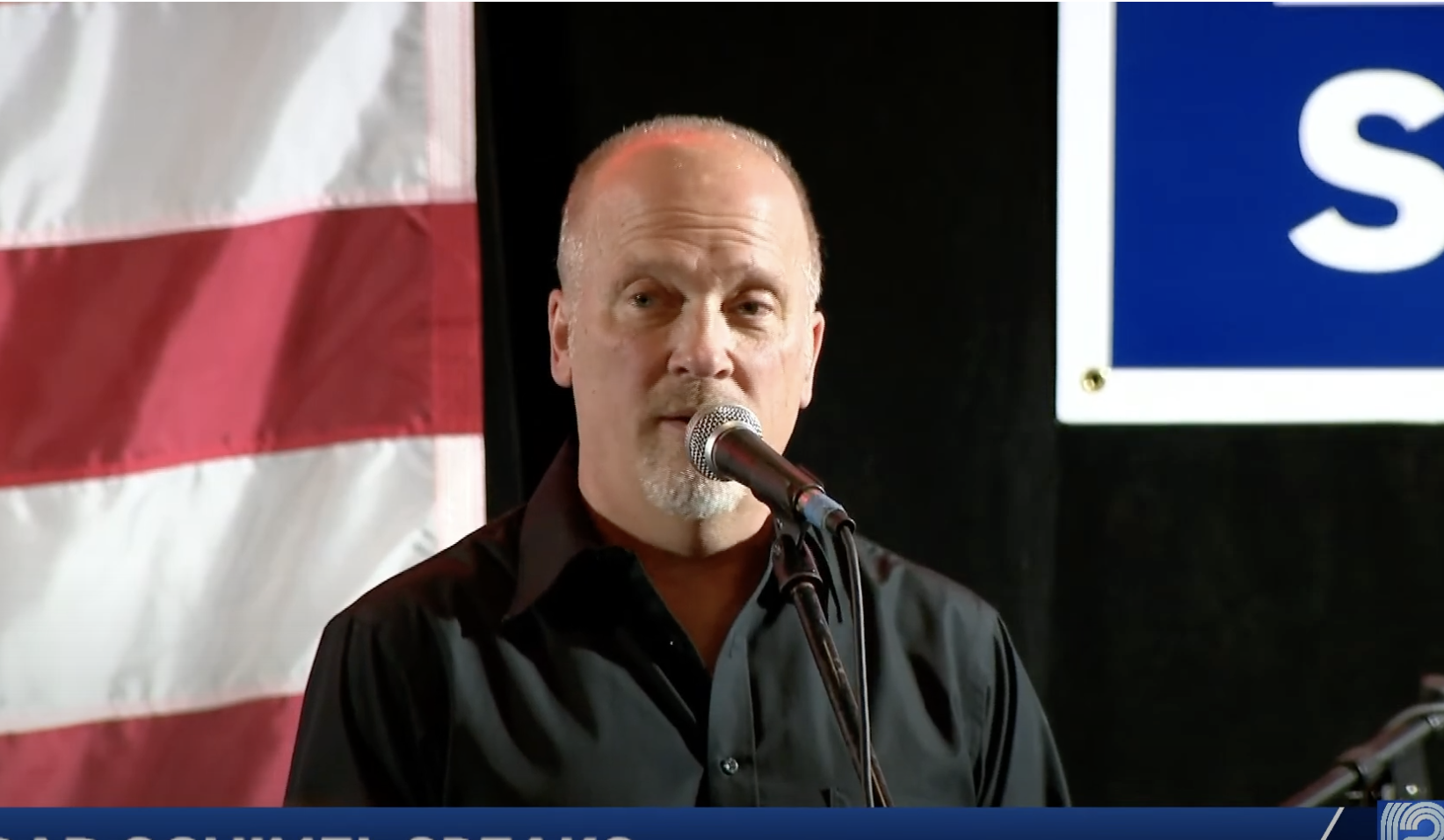Nevada Voters Overwhelmingly Approve Voter ID, Reject RCV
In a recent election, Nevada voters overwhelmingly approved a ballot amendment that mandates eligible voters to present a photo ID when voting, while simultaneously rejecting a proposed ranked-choice voting (RCV) initiative. Preliminary results indicate that about 73% of voters supported the Voter Identification Initiative (Question 7), which will require a valid photo ID for in-person voting and verification of identity for mail-in ballots through various means. This initiative must pass in two consecutive general elections to amend the state’s constitution.
Conversely, a majority of voters—57%—rejected Question 3, which sought to implement a top-five ranked-choice voting system. Critics of RCV argue it is flawed and has led to controversial election outcomes. As a result of this rejection, the initiative will not become part of Nevada’s constitution, as it requires votes in two consecutive elections to be adopted. This election marks the second time Question 3 was presented to voters, following its previous passage in the 2022 midterms. The article highlights the implications of these results on Nevada’s electoral process and potential future initiatives.
Nevada voters are projected to pass a ballot amendment requiring eligible electors to present a form of photo ID when voting and reject a separate initiative seeking to bring ranked-choice voting to the state.
According to The New York Times, preliminary results show the Voter Identification Initiative (Question 7) passing with 73 percent of electors voting “yes” and 27 percent voting “no.” At the time of this article’s publication, approximately 78 percent of votes have been tabulated.
As The Federalist previously reported, Question 7 would require eligible voters to present a valid form of photo ID when voting in person. Those voting by mail would “have to verify their identity using the last four digits of their driver’s license or social security number or the number provided by the county clerk when the voter is registered to vote,” according to Ballotpedia.
In Nevada, constitutional amendment proposals produced by citizen-led signature collection campaigns must be passed by voters in two consecutive general elections to amend the state’s founding document. This year’s election will be the voter ID initiative’s first appearance on the ballot, which means it will need to be approved by voters during the state’s next general election to add it to the Nevada Constitution.
Meanwhile, Nevadans rejected Question 3, which sought to implement a top-five ranked-choice voting (RCV) scheme in the state’s elections.
Often referred to as “rigged-choice voting” by its critics, RCV is an election system in which voters rank candidates of all parties in order of preference. If no candidate receives more than 50 percent of first-choice votes in the first round of voting, the last-place finisher is eliminated, and his votes are reallocated to the voter’s second-choice candidate. This process continues until one candidate receives a majority of votes.
Early results show Question 3 garnering “no” votes from 57 percent of voters, according to The New York Times.
Democrats have often pushed RCV as a way of winning traditionally Republican seats. The system has also produced lopsided election results and races with high rates of discarded ballots.
This is the second consecutive general election Question 3 was considered by Nevada voters. The measure previously passed during the state’s 2022 midterm elections. Due to its failure to pass this election, it will not be added as a new amendment to the state constitution.
" Conservative News Daily does not always share or support the views and opinions expressed here; they are just those of the writer."




Now loading...